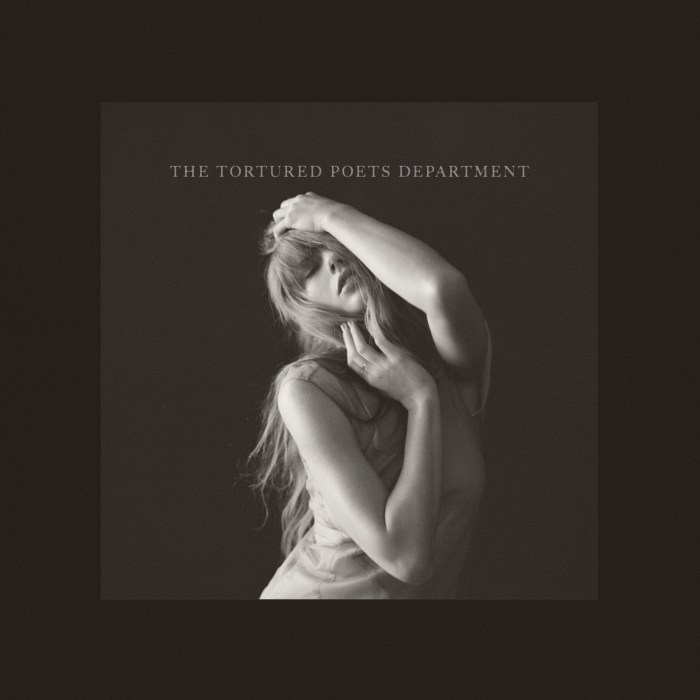By Sophia Chang
In Queens, community facilities, which are medical, religious or community-oriented organizations located in largely residential areas, have been the subject of much debate as residents complained about parking, traffic and zoning concerns. Rabbis in the borough welcomed the exemption, saying because Orthodox Jews are prohibited from driving on the sabbath, the parking requirements should not apply to their congregations. After two years of studies and research, the Department of City Planning had proposed a set of changes aimed at updating and reforming the zoning requirements for these facilities. After review by all community boards and the five borough presidents, these reforms were unanimously approved by the City Planning Commission July 28.The City Council Zoning and Franchises Committee, chaired by Avella, approved the reforms Monday, and the full City Council must vote on the reforms by September, said City Planning spokeswoman Rachaele Raynoff.”It is intended largely to relieve pressures on the infrastructure of lowest density neigborhoods,” Raynoff said of the reforms.Within the zoning reforms is a proposal to change the current law requiring houses of worship to provide a certain amount of parking dependent on the number of fixed seats in the facility. City Planning suggested tieing the number of parking spaces to the capacity of the largest assembly room inside the facility since many houses of worship use folding chairs. City Councilmen Jim Gennaro (D-Fresh Meadows), David Weprin (D-Hollis Hills) and Michael Nelson (D-Brooklyn) said Friday they had asked City Planning to amend its proposal to exempt houses of worship that could demonstrate that 75 percent of their congregates live within three-quarters of a mile of the facility. These institutions and other houses of worship that provide parking off-site or shuttle service could apply for a City Planning waiver from the parking requirements. The three councilmen noted that the exemption would benefit Orthodox and traditional Jewish synagogues, whose strictures prohibit their members from driving on the Sabbath and on Jewish holidays. “In Queens County especially, we don't have the type of land that they have in suburbs and it would be almost impossible for new synagogues to build or current synagogues to expand parking lots,” Weprin said. “It would almost not serve any purpose. I understand people being concerned about people parking in driveways or blocking driveways or on the street. In this case, it wouldn't really affect them so it would almost be unfair to impose a burden that wouldn't really help anyone.” Northeast Queens synagogue leaders hailed the idea behind the exemption. “The law (requiring churches to provide adequate parking) itself makes a lot of sense because people who live in neighborhoods want to be protected from overcrowding and the unavailability of parking spots,” said Rabbi Sholom Steinig of the Young Israel of Bayside at 209-34 26th Ave. “I'm not saying the law should be geared to one religion or another, but if there's a religion where people don't drive – and I know for a fact that no congregants would be coming by car – then I think it makes sense to have the exemption.”Rabbi Barry Kornblau of the Young Israel of Hollis Hills-Windsor Park noted that while he supported the exemption, he questioned the math behind the idea.”Many of my colleagues and I are pleased overall with the resolution,” he said. “However, the three-quarters of a mile distance is a bit too short because we have current members who walk longer than that distance, and other members who live further and as a result don't come because they can't walk that far. They still pose no parking burden on local streets. It may not be quite enough to capture the layout of the population.”According to the Department of City Planning, other proposals in the zoning reform package include: – “prohibiting large medical facilities in single-family districts and restricting their size in one- and two-family districts”- “permitting houses of worship as-of-right in M1 districts,” which are light manufacturing areas- “increasing the allowable size of community facilities in commercial districts mapped within R3-2 districts,” which are three- and two-family areas.Reach reporter Sophia Chang by e-mail at news@timesledger.com, or by phone at 718-229-0300, Ext. 146.































